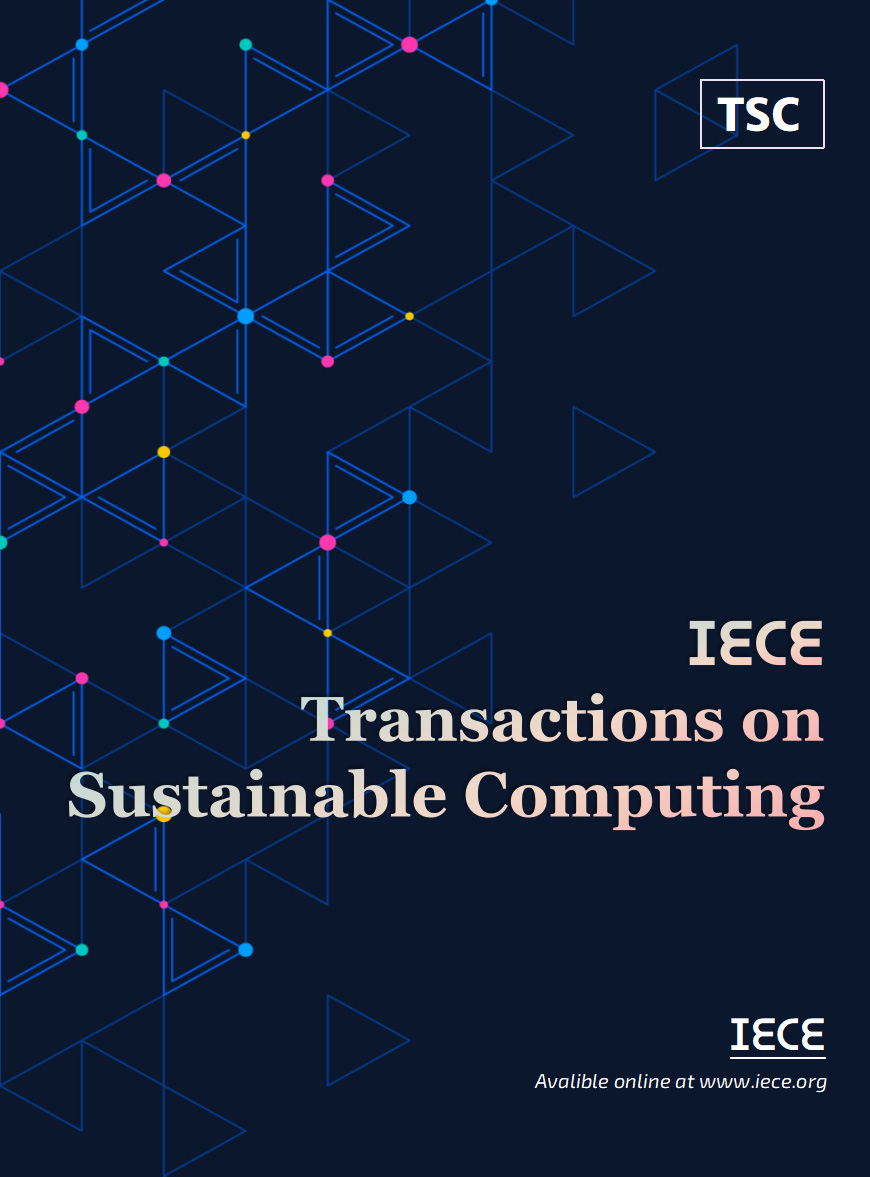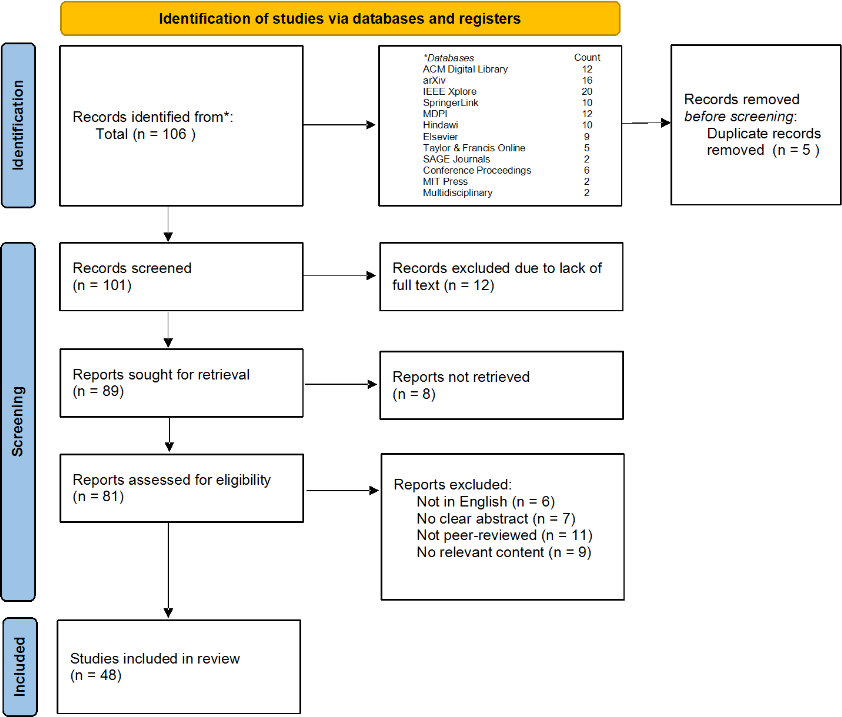Abstract
Sustainable computing has emerged as a critical field of study, addressing the environmental impact of computing systems through innovations in software, hardware, and algorithms. This systematic literature review consolidates recent advancements across these domains, focusing on energy-efficient software design, sustainable hardware architectures, and algorithmic optimizations. The review identifies key trends, such as low-carbon software engineering, processing-in-memory (PIM) architectures, and AI-driven energy management, while also highlighting the growing importance of green cloud computing, circular computing, and policy-driven sustainability initiatives. Despite significant progress, challenges remain, including scalability, integration across domains, and the lack of standardized evaluation frameworks. The paper proposes future research directions, emphasizing the need for interdisciplinary collaboration, the adoption of emerging technologies like quantum and edge computing, and the establishment of global standards for sustainable computing practices. By synthesizing 48 studies, this review provides a comprehensive understanding of the current state of sustainable computing and offers actionable insights for researchers, industry practitioners, and policymakers to drive further innovation in this vital area.
Keywords
green computing
energy efficiency
hardware innovations
AI-driven optimization
circular computing
life cycle assessment
policy-driven sustainability
Data Availability Statement
Not applicable.
Funding
This work was supported without any funding.
Conflicts of Interest
The authors declare no conflicts of interest.
Ethical Approval and Consent to Participate
Not applicable.
Cite This Article
APA Style
Kautish, S., & Gurung, D. (2025). Advancing Sustainable Computing: A Systematic Literature Review of Software, Hardware, and Algorithmic Innovations. IECE Transactions on Sustainable Computing, 1(1), 1–19. https://doi.org/10.62762/TSC.2025.767094
Publisher's Note
IECE stays neutral with regard to jurisdictional claims in published maps and institutional affiliations.
Rights and permissions

Copyright © 2025 by the Author(s). Published by Institute of Emerging and Computer Engineers. This article is an open access article distributed under the terms and conditions of the Creative Commons Attribution (CC BY) license (
https://creativecommons.org/licenses/by/4.0/), which permits use, sharing, adaptation, distribution and reproduction in any medium or format, as long as you give appropriate credit to the original author(s) and the source, provide a link to the Creative Commons licence, and indicate if changes were made.


 Submit Manuscript
Edit a Special Issue
Submit Manuscript
Edit a Special Issue

 Copyright © 2025 by the Author(s). Published by Institute of Emerging and Computer Engineers. This article is an open access article distributed under the terms and conditions of the Creative Commons Attribution (CC BY) license (https://creativecommons.org/licenses/by/4.0/), which permits use, sharing, adaptation, distribution and reproduction in any medium or format, as long as you give appropriate credit to the original author(s) and the source, provide a link to the Creative Commons licence, and indicate if changes were made.
Copyright © 2025 by the Author(s). Published by Institute of Emerging and Computer Engineers. This article is an open access article distributed under the terms and conditions of the Creative Commons Attribution (CC BY) license (https://creativecommons.org/licenses/by/4.0/), which permits use, sharing, adaptation, distribution and reproduction in any medium or format, as long as you give appropriate credit to the original author(s) and the source, provide a link to the Creative Commons licence, and indicate if changes were made. 